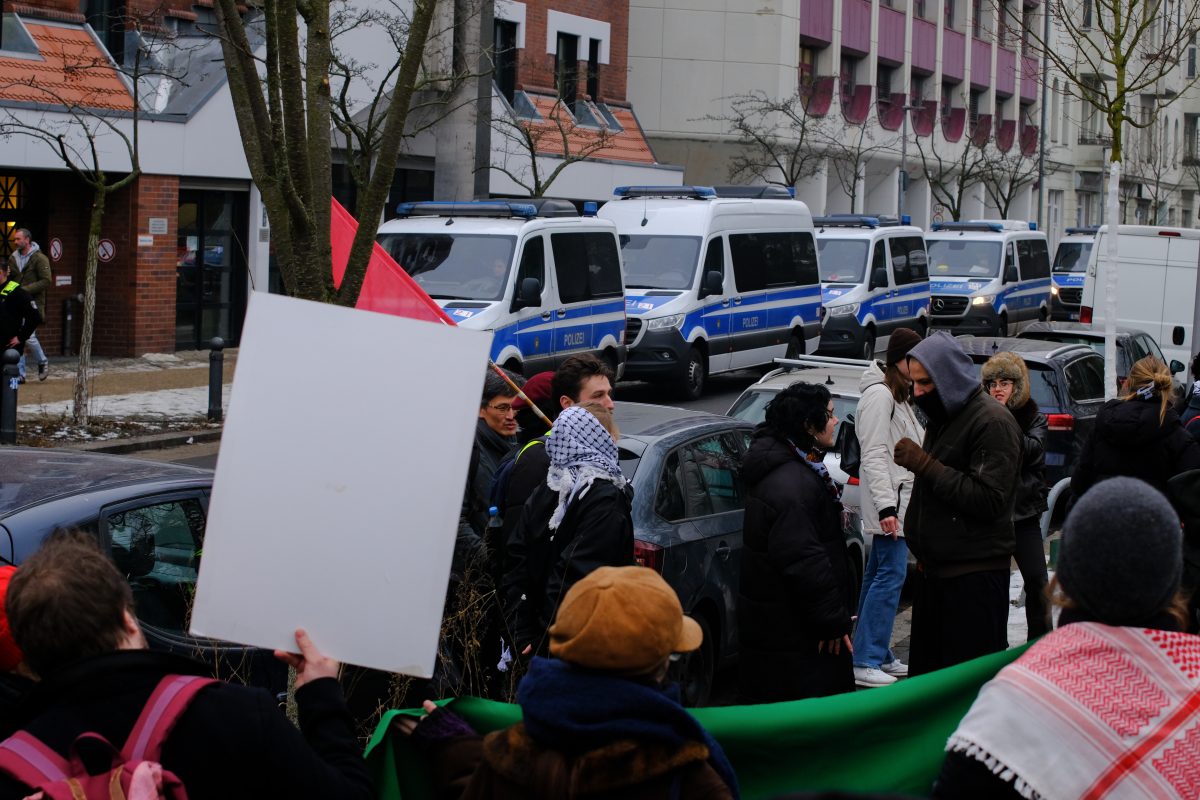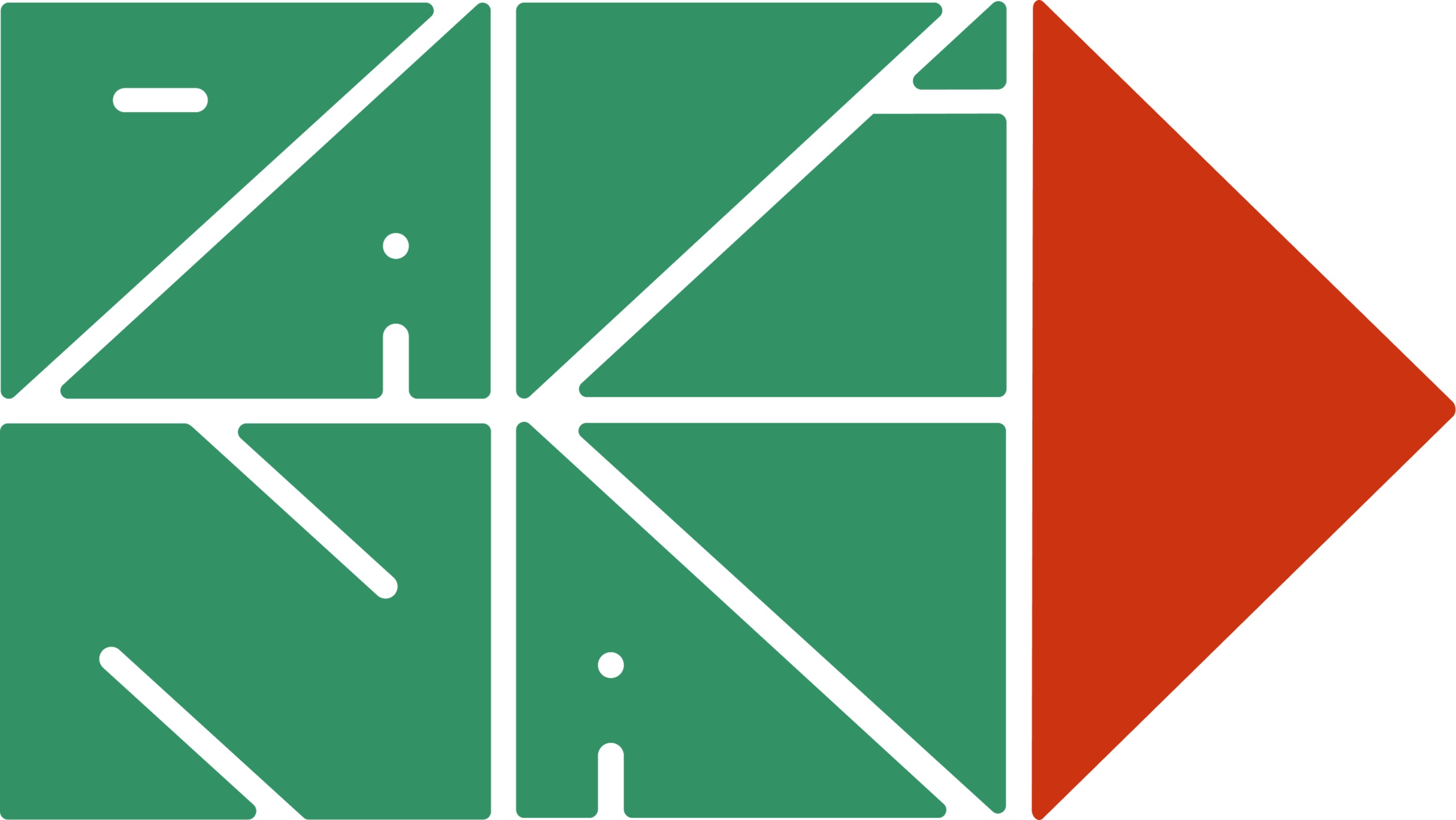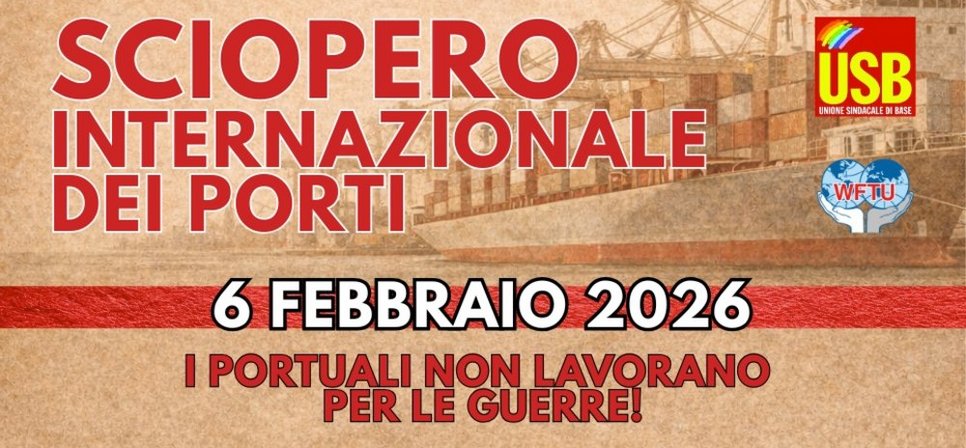In the first part of this conversation, we explored how state and institutional repression of Palestine solidarity in Germany operates. From sudden protest bans to the shifting legal justifications used to criminalise speech and silence dissent.
In part two, we go deeper into the machinery behind these tactics. Layla Katterman and Sophia Hoffinger of the European Legal Support Center (ELSC) discuss the logic of lawfare, how repression spreads across borders, and what role the Index of Repression can play in strengthening resistance, not just in Germany, but across Europe. They also share ways people can support the work of documenting and confronting this growing wave of authoritarianism.
The Index refers to lawfare as a key tactic in the repression of Palestine solidarity. Can you explain what lawfare means in this context, and how lawfare groups or individuals operate in Germany and beyond?
Layla: Yes, of course. Lawfare refers to the use of legal forums for political purposes. It’s more about inflicting damage on a political opponent than actually winning a legal argument or presenting facts based on evidence.
Specifically, in the Index and in our work, we use the term lawfare to describe attacks that aim to silence and shut down the work of civil society organisations that support Palestinian rights, including humanitarian projects that provide support to people in Gaza. Lawfare mainly affects civil society organisations because they are registered legal entities, so they become the target.
Lawfare doesn’t always rely on clear legal grounds. Sometimes vague or non-binding policies are used in ways that give them legal weight. A good example is the IHRA definition of antisemitism. It’s not legally binding, but courts and institutions often treat it as if it were, using it to justify restrictions on Palestine advocacy.
In Britain, there is a very well-known group called UK Lawyers for Israel, and this is basically their entire purpose. That is what they do. In Germany, it’s a bit different. A lot of the cases are brought forward by individuals who are using legal forums for political purposes. So while there is no one group here that does this in a concentrated way like in the UK, the state itself takes on that role.
For example, if someone posts “From the river to the sea, Palestine will be free” on social media and then receives a letter from the police, that means someone reported them. The police don’t have eyes on everyone, so it’s individuals or groups using lawfare tactics to report others. But here in Germany, you don’t need lawyers making up these arguments, because the state already uses those political points in its own legal interpretations.
Sophia: This also shows up in demonstrations, for example when police implement ad hoc bans. One moment the Keffiyeh is allowed, and then suddenly it’s banned. Or they ban a flag or a slogan. Someone gets taken away for saying something like “Have we learned nothing from the Holocaust.” It’s not always individual police officers making it up. Often it comes from the public prosecutor’s office. Like Layla said, it is a form of state-led lawfare.
There are also lobby groups inside Parliament. One example is the Tikvah Institute, which is partly led by the current president of the German-Israeli Society, Volker Beck, and is officially registered in the Bundestag’s lobby group register.
They describe themselves as a research institute at the intersection of research and practice with the aim of ‘fighting antisemitism.’ One of the ways in which they pursue this goal is by trying to develop legal strategies to criminalise what they call “Israel-related antisemitism”, which in practice often means Palestine advocacy.
Last year, for example, they organised a conference to discuss how Germany’s Criminal Code could be used and expanded to criminalise expressions of Palestine solidarity more effectively; including the slogan “From the river to the sea” and expressions that are aimed at denying Israel’s right to exist. Among the participants were members of civil society and lawyers, but also representatives of political parties, the Ministry of Interior, the Public Prosecutor’s Office, and the Ministry of Justice.
It’s interesting to see the kinds of proposals they make, like how to use Germany’s ‘reason of state’ to justify new legal restrictions, and what kind of audiences they have access to. In these spaces we can observe how new legal strategies and consensus are manufactured to criminalise Palestine advocacy.
And what about the incidents where the state prosecutor suddenly bans a slogan on the day of a protest and people are arrested out of nowhere because of it. Do those arrests actually hold up in court?
Layla: I’d say it really depends on the judge. Especially whether they get all their sources from Wikipedia and BILD, or actually look into the case.
But we do win most of these cases. They usually don’t have a solid legal basis but the bigger issue is that the prosecution now frames almost everything as a matter of public safety. And once something is treated as a security threat, everything else becomes secondary.
So for example, banning a language like Arabic at a protest, which has happened at several demonstrations, clearly has no legal ground. But it gets justified by saying that the police can’t tell if forbidden slogans are being chanted in Arabic because they don’t speak the language. So they ban it entirely and constitutional concerns fall by the wayside.
We’re seeing this public safety argument used more and more and it’s difficult to challenge.
Another good example is the Nakba demonstration ban. At first, the court overruled the restriction that said the protest had to be static. They said you can’t restrict a demonstration just because of fears that some individuals might commit offences. But then the police appealed, using new security arguments. They said they needed the protest to be static because they wouldn’t be able to reach or detain people otherwise.
If we had more time, we probably could have appealed again and won. But that’s also the problem. These security arguments often come at the last minute, so there isn’t enough time to legally challenge them before the event takes place.
Sophia: You can really see that in our database. Especially after October 7, we saw a lot of protests that were first restricted, then the restrictions were overturned, and then the protests were banned again. Sometimes just five minutes after they started.
That puts everyone who shows up into a legal grey zone because suddenly they’re seen as breaking some new rule that was imposed on the spot. We’ve documented a lot of those kinds of incidents in the Index.
How do you see the role of the Index? Is it in itself a tool of resistance?
Sophia: I think the Index is about showing the different ways people continue to resist in Germany, but also elsewhere. It highlights the people who continue to stand with Palestinians and those resisting. It traces the dissenters and it exposes the ones who try to criminalise dissent in Germany again and again. So in that way, yes, it plays a role but I wouldn’t say it’s resistance in itself. I’d describe it more as a tool for accountability.
Some people are starting to backtrack on what ‘reason of state’ means or doesn’t mean and maybe some of them are now quietly deleting their tweets from the last two years. But we have a record of how they contributed to repression and that’s part of what the Index is also for. It’s long term memory.
At the same time, it also makes space to highlight those who haven’t been intimidated, who are still speaking up and making use of their right to dissent.
How do you see the Index contributing to transnational resistance and solidarity efforts across Europe and beyond?
Layla: I think one of the main ways the Index contributes to the resistance is by countering denial and invisibility. Often, what repression tries to do is make solidarity disappear. So part of the reason we made this database was to show that the cases we work on are not isolated. It’s structural and it’s transnational.
Next, we’re launching the same kind of database with UK data, then the Netherlands, and hopefully also expanding to Austria, Italy, and other countries across Europe. Because while the methods may look different or operate at different scales, they’re being used everywhere and these countries learn from each other. For example, the slogan “From the river to the sea” – once Germany banned it, we saw it start being discussed for bans in other places too.
What we’re tracking isn’t just repression of Palestine solidarity, it’s also a kind of panic. European governments aren’t used to such open dissent from their own official line on the genocide in Gaza — a line that denies the genocide and reflects their complicity in it. So we’re also seeing states learn from one another on how to control populations when their narratives no longer convince their citizens.
So yes, we’re going to keep expanding the Index by adding incidents to the countries we’ve already published and build it out to include others. We want to expose how accusations of antisemitism, and support for terrorism, are being misused. We want to show how law itself is being politicised through lawfare to suppress dissent.
Sophia: And I think, just to add, the timeline we’re building across Europe also reflects this. We see repression intensify when people stand in solidarity, not only with Palestinians facing repression, but with Palestinians who are resisting that repression. These things aren’t happening in isolation. They don’t stop at the German border, or the borders of Europe. They’re directly connected to what’s happening in Palestine.
How do you imagine the Index functioning in five years’ time? What kind of role do you want it to play?
Layla: What we hope is that it becomes much more than just a list of cases. We want to add more functionalities, not just more countries, but more ways for people to use it.
We want it to continue to be a living database. One that also highlights the work of other organisations, especially activists and grassroots groups who have done so much research and important work which often goes unnoticed.
We also want it to become a space where people can find the resources they need. To counter repression, document it while under pressure, and to actually analyse and understand what repression looks like in countries that call themselves democratic. Because often, when rights are violated in Europe, it doesn’t look like violence in the usual sense. It’s not always arrests or killings. It’s more subtle and it gets dismissed as isolated.
When people see repression happening in the Global South, they’re often quicker to name it for what it is. Here, there is doubt. So what we want to do is challenge that by showing patterns, adding analysis, expanding the database, and working more closely with other groups to build a shared infrastructure. Instead of everyone reinventing the wheel, we can join forces and build a European network that pushes back against repression wherever it’s happening and whoever it’s targeting.
Sophia: Yes, and while the Index focuses on repression of Palestine solidarity, we also hope it becomes a learning tool for other movements. Because the tactics used against this movement, while specific, are not unique. Repression doesn’t just affect one group or one cause. Other movements have been targeted in the past and current ones will be targeted in the future, so we want this to be part of a broader conversation. A tool for cross-movement learning.
There’s a recurring pattern of isolation and denial, where each act of repression is treated as an isolated incident. We saw this after the racist attack in Hanau, which prompted activists to popularise the slogan: “Hanau was no isolated case.” In response, the state framed the attack as the result of a few bad apples or individual failures to act on warning signs. That’s why exposing the systemic nature of repression, supported by long-term, in-depth research, is so important. It helps break through the pattern of doubt and enables other movements to recognize how these tactics operate across different contexts.
And finally, can people in Germany or across Europe support the work you’re doing?
Layla: Absolutely. There are many ways. One of the most important is simply reporting incidents to us. The more cases we receive, the stronger our research becomes and that helps us challenge repression, whether in court, through advocacy, or by building public pressure.
Also, the database is still a starting point. There’s so much more research that could be done. For example, someone might want to take our data and do a deep dive into how repression works in academia. The database can give them the quantitative base, and they could take it further with qualitative research.
We really don’t claim to hold all the knowledge, and we’re very open to collaborations with others who want to explore the depth and context of these incidents more fully.
Sophia: None of this would be possible without the people who’ve reported to us and that takes courage. These are often very frightening, very painful experiences, so we rely on people continuing to speak up, to share what they’ve gone through, and to keep going out into the streets without being intimidated.
That doesn’t just help us, it’s central to everything we do, so we’d love to connect with more researchers, organisations, and movements who are doing similar work. There’s a lot of potential to develop this further, in ways we might not even be able to imagine yet.
Layla: Also, volunteers, we’re always looking for more support with monitoring. Whatever help people can give, we really welcome it. The database is just the tip of the iceberg and the majority of repression isn’t reported because most people don’t speak out. So the more support we have, the better we can uncover what’s happening, especially beyond Berlin. Also, if a lawyer reads the article, it would be great if they reach out too.
Our team is based in Berlin, and naturally our network is strongest there, but we want to expand much more across Germany and across Europe. Every bit of information helps make our work stronger. It helps us challenge repression and make it visible, so that people don’t just accept it as normal.




